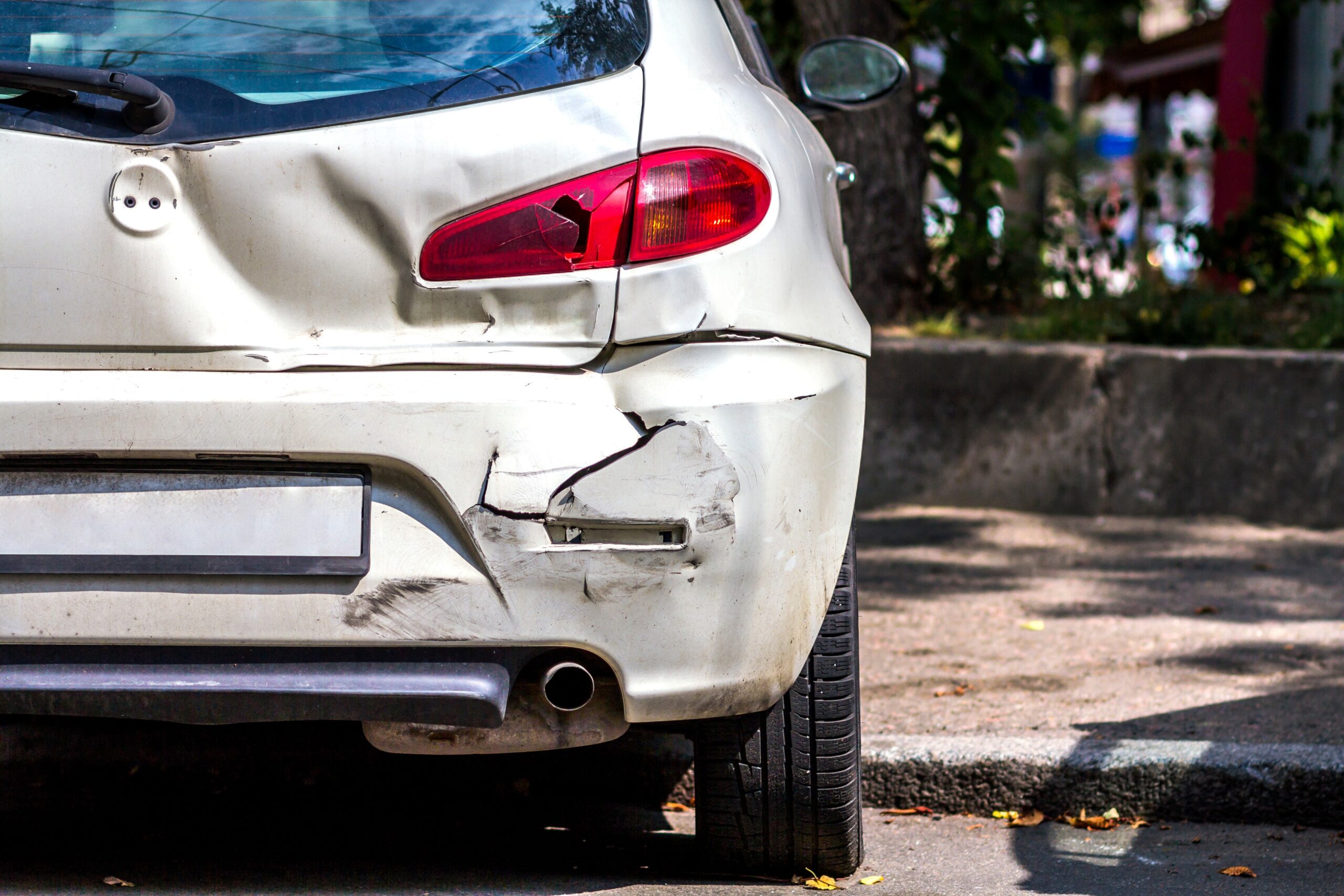Experiencing a car accident can be frightening or even traumatic. If you don't know what…
The Details You Should Know of Auto Accident Cases – Guest Post

Navigating the aftermath of an auto accident is often a confusing and stressful experience. From dealing with insurance companies to understanding the legal procedures, the entire process can be overwhelming. This comprehensive guide aims to shed light on the important aspects of auto accident cases, providing you with the necessary knowledge and tools to handle such a situation effectively. We will delve into the basics of auto accidents, the role of an auto accident attorney, the use of information in court, and what you need to know and have for an auto accident case. With this information at your fingertips, handling an auto accident case can become a less intimidating task.
Understanding the Basics
Auto accidents can be a complex maze of legalities, insurance claims, and potential courtroom proceedings. Once involved in such an incident, it is vital to document everything, including the scene, witness testimonies, and medical reports. Consulting with an experienced auto accident attorney early can help guide you through the process and protect your rights. When heading to court, every piece of evidence is crucial, alongside a meticulous record of expenses related to the accident, to ensure all compensation needs are met. These steps can significantly bolster your case, increasing the likelihood of a favorable outcome.
The Role of an Attorney
An auto accident attorney serves as your advocate, navigating the legal intricacies surrounding your case. They liaise with the insurance companies involved, ensuring that your rights are upheld and you receive the compensation you deserve. Their expertise proves invaluable in understanding and interpreting complex accident laws and regulations, potentially turning the tide in your favor. They collect and analyze evidence, confirm its legitimacy, and present it effectively in court, strengthening your claim. Furthermore, an attorney can negotiate settlements, reducing the likelihood of a time-consuming and stressful trial.
How Information Is Used in Court
In court, the information collected post-accident is meticulously scrutinized to establish liability and calculate damages. Police reports photographs of the accident scene, witness statements, and medical records become pivotal pieces of evidence. This data not only corroborates your account of events but also helps to determine the severity of injuries and the extent of property damage. Furthermore, it provides a basis for calculating economic damages, which include medical bills, lost wages, and repair costs. Non-economic damages such as pain, suffering, stress, and inconvenience can also be evaluated based on this information.
Preparing for Court
In preparing for an auto accident court case, it’s essential to gather all relevant documents and evidence. This includes, but is not limited to, police reports, medical records, witness statements, and photographs of the accident scene. It’s also beneficial to keep a personal record of all accident-related expenses and any changes to your quality of life since the accident. A detailed timeline of events leading up to, during, and following the accident can provide valuable context. Last, consult with your attorney regularly, ensuring you’re prepared to present your case effectively and clearly.
Navigating the aftermath of auto accident cases can be a daunting task, with various legal complexities and insurance nuances to consider. However, by being well-informed and prepared, you can effectively manage the situation. Gathering substantial evidence, maintaining meticulous records, and consulting with an experienced auto accident attorney are critical steps toward ensuring a favorable outcome in court. Remember, your rights and interests matter, and with the right approach and assistance, justice can be served. Stay informed, stay prepared, and always prioritize your safety on the road.

